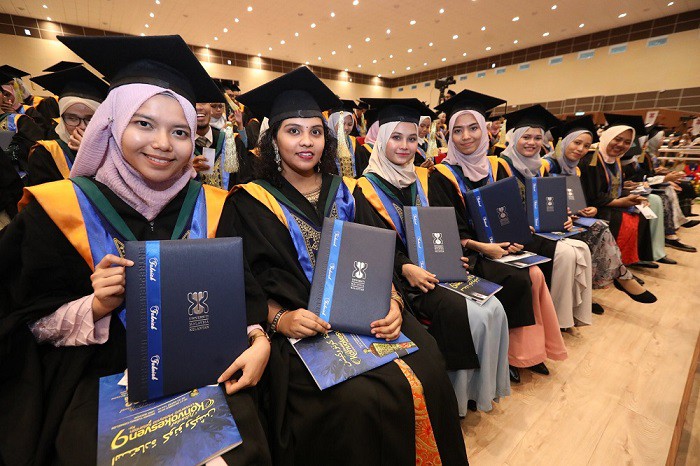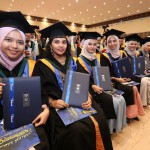One of the key factors contributing to graduate employability in Malaysia is the mismatch between the skills that universities are teaching and the skills that employers are seeking. This is due to a lack of communication between universities and employers, and a lack of collaboration between the two sectors to ensure that education programs are aligned with the needs of the job market.
According to a study by the Talent Corporation Malaysia Berhad (TalentCorp), one of the key reasons for the mismatch between education and the job market in Malaysia is the lack of collaboration between universities and employers. The study found that universities are not engaging enough with employers to understand their needs and ensure that their education programs are aligned with the job market. This results in graduates who lack the skills that employers are looking for, making it difficult for them to secure meaningful employment (TalentCorp, 2020).
Another factor contributing to graduate employability in Malaysia is the increasing competition for jobs, as more and more graduates enter the job market each year. This has led to a situation where many graduates are overqualified for the jobs they are able to secure, leading to feelings of frustration and dissatisfaction with their careers.
Another study by the Malaysian Employers Federation (MEF) found that the oversupply of graduates in certain fields, such as education and the arts, is contributing to the high unemployment rate among graduates in Malaysia. The study found that graduates in these fields often have difficulty finding employment that matches their skills and education, leading to feelings of frustration and dissatisfaction with their careers (MEF, 2021).
To address these challenges, the Malaysian government has launched several initiatives to support graduate employability. For example, TalentCorp has launched the Employer Engagement and Career Services (EECS) program, which aims to connect graduates with employers and help them find meaningful employment. The program offers a range of services, including career counseling, job placement, and skills training (TalentCorp, 2021).
In addition, the Malaysian government has launched several initiatives to support the development of digital skills among graduates, recognizing the importance of digital literacy in the 21st-century job market. For example, the government has established the Malaysia Digital Economy Corporation (MDEC), which aims to promote the growth of the digital economy and support the development of digital skills among Malaysians (MDEC, 2022).
Despite these challenges, there are steps that graduates can take to increase their chances of finding meaningful employment in Malaysia. One of the most important is to develop in-demand skills, such as digital literacy, data analysis, and project management. This can be achieved through continuing education, workshops, and online courses.
Graduates can also increase their employability by networking with professionals in their field and building a strong online presence. This can include building a professional LinkedIn profile, attending industry events and career fairs, and connecting with alumni and other professionals in their network.
Finally, graduates can increase their employability by being open-minded and flexible, and by considering a variety of job opportunities in different industries and locations. This can include internships, part-time work, and freelance projects, which can help graduates gain valuable experience and build their portfolios.
In conclusion, graduate employability in Malaysia is a complex issue that is shaped by a variety of factors, including the mismatch between education and the job market, the oversupply of graduates in certain fields, and the increasing competition for jobs. However, with the support of initiatives such as the EECS program and the Malaysia Digital Economy Corporation, graduates can increase their chances of finding meaningful employment that matches their skills and education.










